Which One Is Your Favourite? @thoughtstherapy



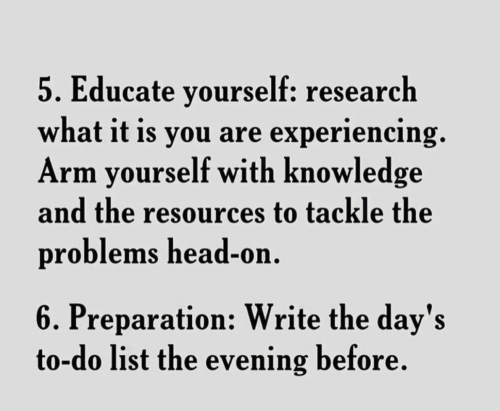
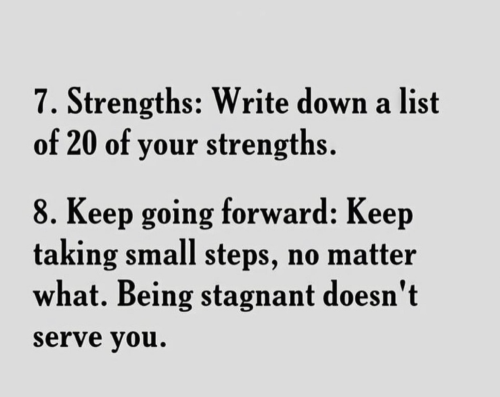
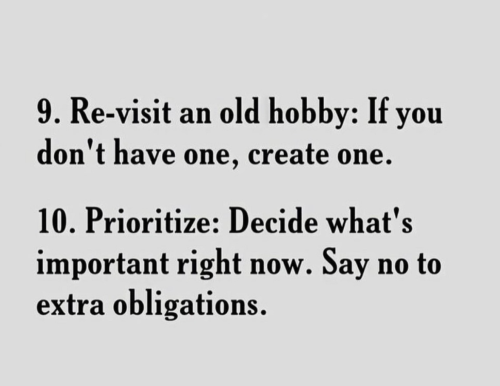

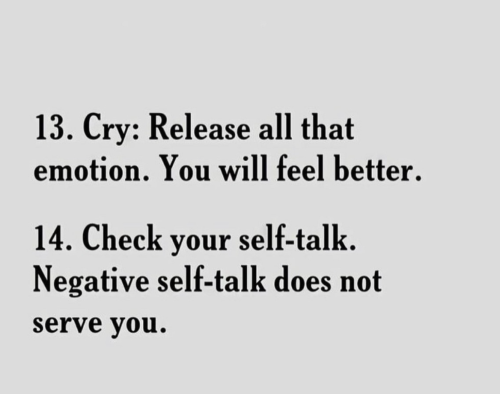
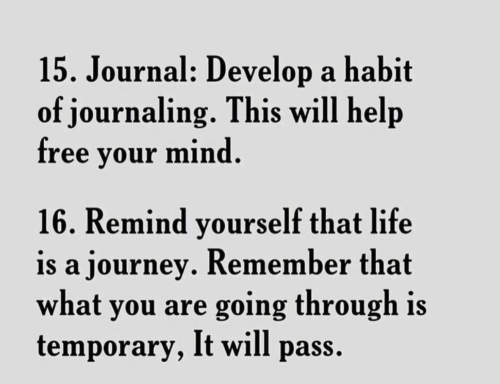
Which one is your favourite? @thoughtstherapy
More Posts from Waltztrvck and Others

On Isolation
Idk if u write, but what would u recommend to a young writer who’s not yet found her own ‘tone’ / voice or character in writing. What I mean is, I love writing… every time I read a certain author I then adopt their pen’s character, I write like them. If I read Plath I’ll go write like her bc I’m inspired. If I read Dostoevsky I’ll go write like him. Idk if it’s necessarily bad bc I think it’s pretty cool to achieve such voices (if they r achieved indeed) or should I just try to find mine? & How?
Hi anon, yes I write but only for myself. It's a sort of therapy for me, I'm definitely not a good writer. So maybe I'm not the right person to answer this question. Anyway, in your message you mentioned Plath and Dostoevsky, I think it's pretty normal to mistake the big impact that this artists can have on you and on your soul with your conviction that you are "copying" them. You already have your voice, it's the way you see the world, the way you perceive things, the way you talk in your head ― the language you speak to yourself everyday.

Sylvia Plath, from The Unabridged Journals of Sylvia Plath
she called herself "unimaginative". She tormented herself with this thoughts. It's just impossible to believe for us, but she was just like you, just like us.
Don't give up🤍

—Percy Bysshe Shelley, taken from Upstream by Mary Oliver




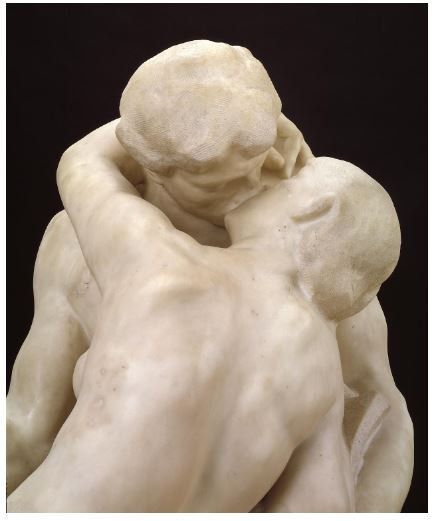


musings on kisses
― Simone de Beauvoir (Letters to Sartre), Henri de Toulouse-Lautrec [Le Lit (The Bed), Au lit: le baiser (In Bed: The Kiss)], Indran Amirthanayagam (Kiss), Auguste Rodin, Gustav Klimt (The Kiss), Sara Teasdale (The Kiss)
˗ˏˋ☕ˎˊ˗
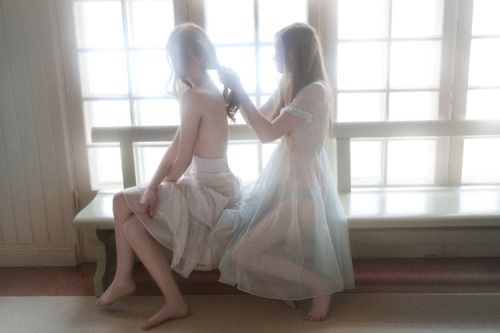
Jessica Silversaga for A Doll’s House magazine, 2011.

— Franz Kafka, Letter to His Father
[text ID: My writing was all about you; all I did there, after all, was to bemoan what I could not bemoan upon your breast.]






patreon | inprnt | insta | twitter | tip jar



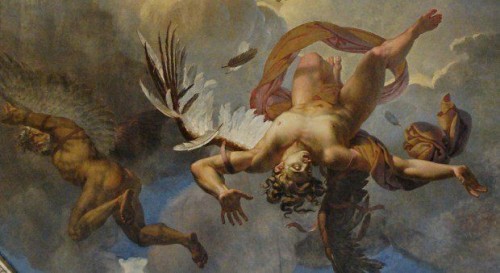















Everyone forgets Icarus also flew
1. Jack Gilbert / 2. “The Fall of Icarus” by Merry-Joseph Blondel / 3. Lines attributed to Irish poet Oscar Wilde / 4. “The Fall of Icarus” by René Milot / 5. Charles Baudelaire / 6. “The Lament for Icarus” by Herbert James Draper / 7. Ilya Kaminsky / 8. “Icarus on the Rocks” by Vlaho Bukovac / 9. Nina Mouawad







— a girl is a haunted house, tathève simonyan
[text ID: “I could’ve lived like this”, echoed in my head. / As I looked around, my eyes unthinkingly clung to places where I could’ve hidden my selves: the ones that didn’t come to being and the one that I was. In the cupboards of this kitchen I could’ve buried all the women I could’ve grown into. While doing so, I would’ve put on the apron of the one who inhabited the kitchen. The cups and the glasses would’ve made place for me. I could’ve easily found a home in between the kitchen table and refrigerator. As the fragrance of rosemary and thyme found their way to me, a picture found its way to the back of my eyes: a hushed scene, full of contentment, a shot of me standing in the center of this kitchen, feet thick brown trucks giving birth to dozens of snakelike radixes, covered in colorful moss, devoid of flowers but who needs flowers when all they do is wilt anyway? I would’ve thought so, had I been the me of that frame. / I could’ve been content here, not happy, but content. The cutlery and the plates would’ve made place for me. The dull roar of the washing machine would’ve hidden my cries, with the same diligence it sheltered my mother’s. The “what ifs” of this particular scenario smelled of cinnamon and vanilla. / I could’ve been content here. I thought as I placed the coffee cup on the countertop next to the gas stove: the surface always wet for it filled the space between the sink and the stove, in between water and fire. / I could’ve been content here. I repeated as I unscrewed the lid of the coffee jar and took out a spoonful of the umber powder. / While turning on the gas and putting the cezve on its designated place, I cursed the mind that yearned for more, yearned to be more than what it was supposed to be. I cursed the eyes that only saw what was not in front of them, hands that wished to touch what wasn’t theirs to touch and the tongue that longed to taste what wasn’t hers to taste. I cursed myself because I understood that I could’ve been content here, and as the umber froth fought its way to the surface, my tears caved in to the gravitational force.]

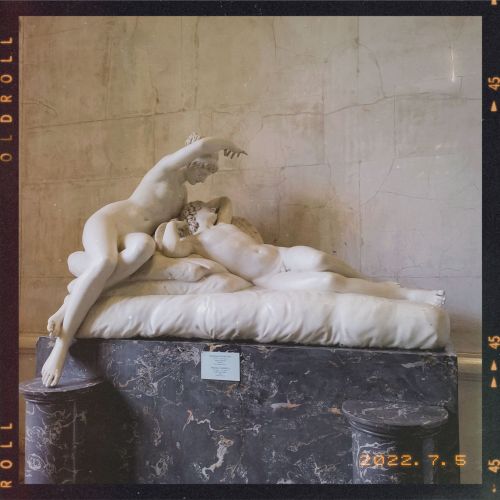
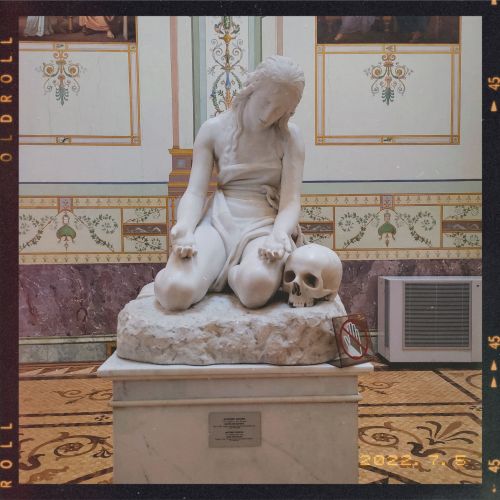
Cupid and Psyche (Antonio Canova), Cupid and Psyche (Domenico Cardelli), Mary Magdalene (Antonio Canova) | Hermitage Museum
-
 moneeb0930 liked this · 4 weeks ago
moneeb0930 liked this · 4 weeks ago -
 greythegunslinger liked this · 4 weeks ago
greythegunslinger liked this · 4 weeks ago -
 cantboi liked this · 4 weeks ago
cantboi liked this · 4 weeks ago -
 houndxtooth reblogged this · 4 weeks ago
houndxtooth reblogged this · 4 weeks ago -
 houndxtooth liked this · 4 weeks ago
houndxtooth liked this · 4 weeks ago -
 videogamesforprozac reblogged this · 1 month ago
videogamesforprozac reblogged this · 1 month ago -
 4eroticmanadventures liked this · 1 month ago
4eroticmanadventures liked this · 1 month ago -
 cndr01 liked this · 1 month ago
cndr01 liked this · 1 month ago -
 ydontknowwhatidoing liked this · 1 month ago
ydontknowwhatidoing liked this · 1 month ago -
 purplefist liked this · 1 month ago
purplefist liked this · 1 month ago -
 purplefist reblogged this · 1 month ago
purplefist reblogged this · 1 month ago -
 khomenibaby reblogged this · 1 month ago
khomenibaby reblogged this · 1 month ago -
 james45-things liked this · 1 month ago
james45-things liked this · 1 month ago -
 hijadeflores liked this · 1 month ago
hijadeflores liked this · 1 month ago -
 siisi777 liked this · 1 month ago
siisi777 liked this · 1 month ago -
 lovelight-magic liked this · 1 month ago
lovelight-magic liked this · 1 month ago -
 bluehydrangasheart liked this · 1 month ago
bluehydrangasheart liked this · 1 month ago -
 cloverfieldaspen liked this · 1 month ago
cloverfieldaspen liked this · 1 month ago -
 loudmiraclepersonasstuff liked this · 1 month ago
loudmiraclepersonasstuff liked this · 1 month ago -
 paulharryyork reblogged this · 1 month ago
paulharryyork reblogged this · 1 month ago -
 thomasgonzalez171 liked this · 1 month ago
thomasgonzalez171 liked this · 1 month ago -
 xmo0nchildx liked this · 1 month ago
xmo0nchildx liked this · 1 month ago -
 cleaverspider liked this · 1 month ago
cleaverspider liked this · 1 month ago -
 daddysprincess82 liked this · 1 month ago
daddysprincess82 liked this · 1 month ago -
 tranquilenigmafox liked this · 1 month ago
tranquilenigmafox liked this · 1 month ago -
 nxtplez reblogged this · 1 month ago
nxtplez reblogged this · 1 month ago -
 apostolum liked this · 1 month ago
apostolum liked this · 1 month ago -
 apathyanxietydepressionandsex reblogged this · 1 month ago
apathyanxietydepressionandsex reblogged this · 1 month ago -
 apathyanxietydepressionandsex liked this · 1 month ago
apathyanxietydepressionandsex liked this · 1 month ago -
 dare-ee-ere liked this · 1 month ago
dare-ee-ere liked this · 1 month ago -
 jamaicanycdfw liked this · 1 month ago
jamaicanycdfw liked this · 1 month ago -
 florhaze liked this · 1 month ago
florhaze liked this · 1 month ago -
 havefaithinemiliee reblogged this · 1 month ago
havefaithinemiliee reblogged this · 1 month ago -
 madvmercury liked this · 1 month ago
madvmercury liked this · 1 month ago -
 j6nkunt liked this · 1 month ago
j6nkunt liked this · 1 month ago -
 spanishgirlblues reblogged this · 1 month ago
spanishgirlblues reblogged this · 1 month ago -
 spanishgirlblues liked this · 1 month ago
spanishgirlblues liked this · 1 month ago -
 childinternet liked this · 1 month ago
childinternet liked this · 1 month ago -
 lonew-0-l-f reblogged this · 1 month ago
lonew-0-l-f reblogged this · 1 month ago -
 255940g reblogged this · 1 month ago
255940g reblogged this · 1 month ago -
 lexiouse liked this · 1 month ago
lexiouse liked this · 1 month ago -
 aquapyrp liked this · 1 month ago
aquapyrp liked this · 1 month ago -
 uabgrad96 reblogged this · 1 month ago
uabgrad96 reblogged this · 1 month ago -
 uabgrad96 liked this · 1 month ago
uabgrad96 liked this · 1 month ago
